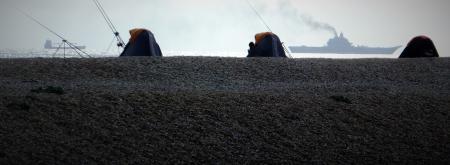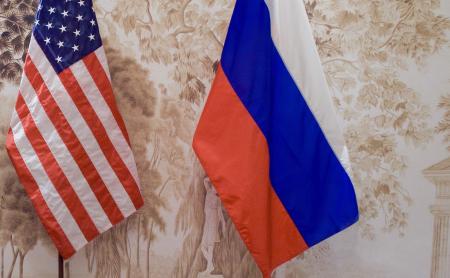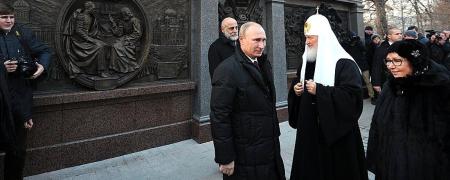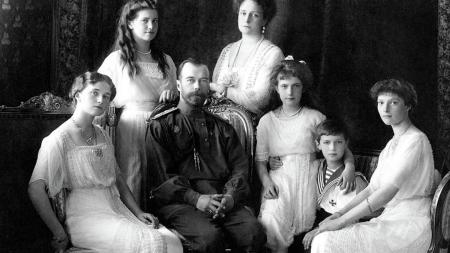Matthew Dal Santo

Biography
Publications
Matthew Dal Santo is an Australian historian and foreign affairs writer resident in Europe and co-founder of the Simone Weil Centre for Political Philosophy. He’s a former fellow of Trinity College, Cambridge, and officer of the Australian Department of Foreign Affairs and Trade

Renzi's referendum and the future of the euro
Sold as a celebration of European unity in diversity, the euro is today experienced as an instrument of brutal homogenisation.

The ascendancy of François Fillon
With Fillon, French conservatism is back, at once old-fashioned and acutely contemporary.

Russia's naval strategy in the Black Sea and the Mediterranean
The Kuznetsov’s arrival symbolises Russia’s return to the waters of the Mediterranean.

The real Trump-Putin connection
What little the two men share is a perception of the nature of the West’s present moment, as well as of its origins.

Don't count on the Russians backing down this time
The stakes in Syria remain incredibly high.

Syria needs the best of the West's diplomats, not lawyers
Getting the US and Russia to work together in Syria was always going to be difficult. Now it looks as though a diplomatic solution was from the start a mirage at best and a trick…

Putin's plan to restore the Romanovs (Part 3)
Russian monarchists are remarkably fond of observing that nobody says Russia's next tsar must be a Romanov.

Putin's plan to restore the Romanovs (Part 2)
If there's a Russian leader whose reputation has been unequivocally rehabilitated during the Putin era, it's Nicholas II.

Putin's plan to restore the Romanovs (Part 1)
Official treatment of Stalin reflects the result of this impasse, neither to suppress nor promote popular support for his legacy.
Pagination
